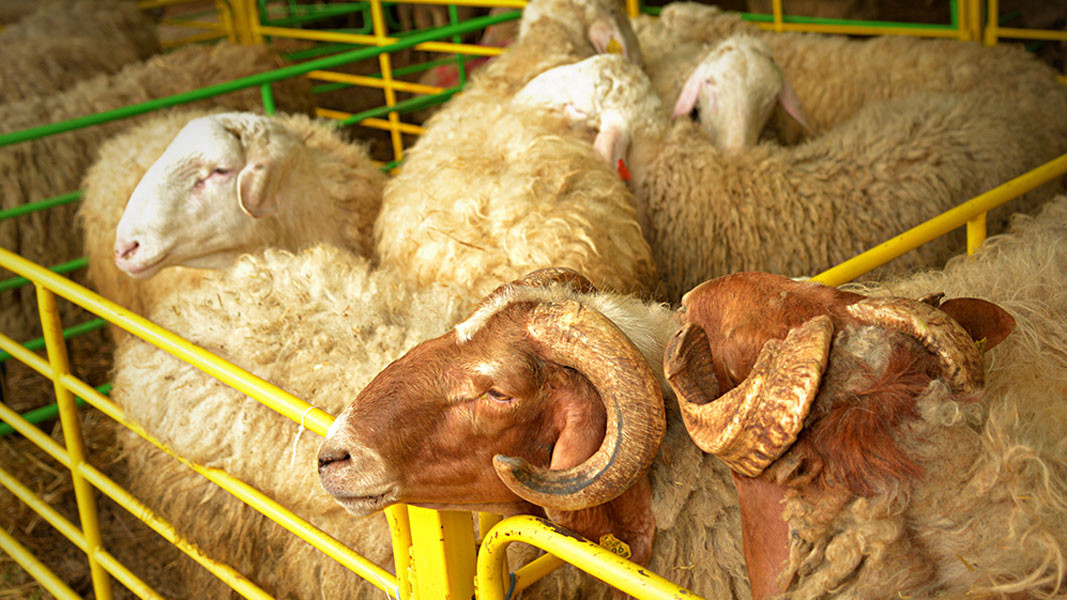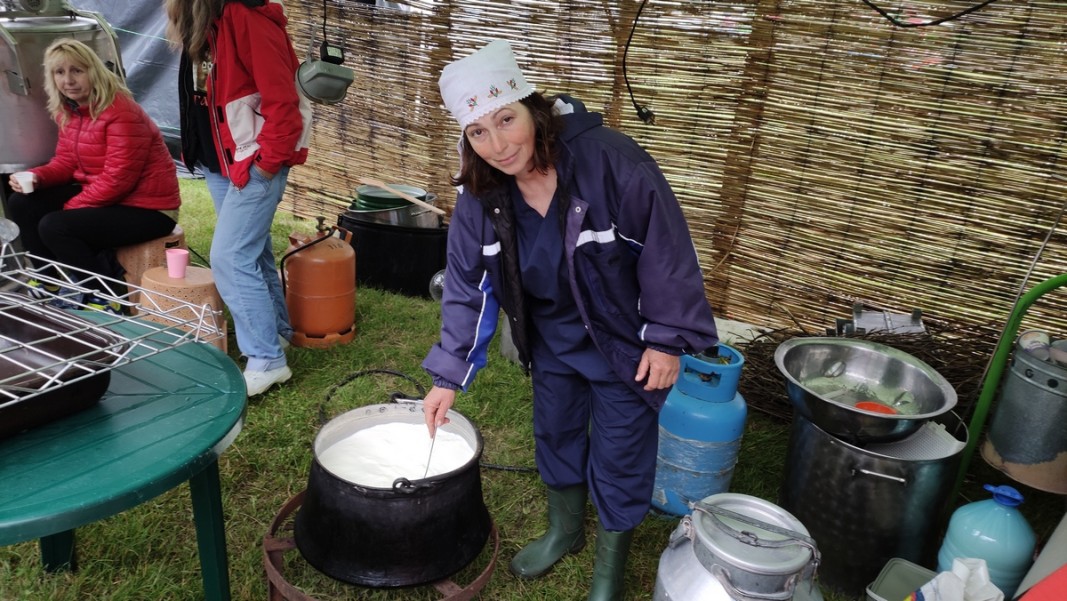A hot topic for thousands of farmers in Bulgaria is uniting in a common Agrarian Chamber. The benefit of this will be that together farmers will be able to work in partnership with the state to solve their problems and also have representation in the Association of European Farmers, which guides agricultural policy in the EU.
The idea of establishing an agrarian chamber in the country dates back to many years ago, but so far every attempt has been unsuccessful. Until recently. On Easter eve this year, representatives of 17 branch organizations comprising of more than 8000 Bulgarian farmers established their national structure - the Bulgarian Agrarian Chamber - in the village of Arbanassi (Veliko Tarnovo region).

The initiative aims to help Bulgaria join Europe’s largest and most influential agricultural union Copa-Cogeca. The organisation is an active partner, and when necessary an opponent, in key farming decisions in Brussels. So far, however, Bulgaria remains the only European country that is not a member of the prestigious organisation.

"As soon as the Agrarian Chamber was established, we submitted documents for membership in the European family of farmers Copa-Cogeca," Simeon Karakolev, co-chairman of the National Sheep and Goat Breeding Association, told Radio Bulgaria: "All our problems would not have happened if we had representation in Copa-Cogeca. For example, if we had participated in the working groups on potato production when the European Commission was drawing up its strategic guidelines.
Through membership in the international organisation alone, we are immediately entitled to appoint a representative in each sector to the permanent working groups there. That is the point of us joining together, because we want to show our members that unification is the only possible path to prosperity and to sustainability, if we can talk about prosperity in our agriculture at all.

And this is exactly the model with which we should enter the European family of farmers. Thousands of people are members of the newly established Bulgarian Chamber of Agriculture. We are looking for those farmers' associations that are ready to take up the challenge and have national representation. After all, we can structure ourselves and offer common solutions."
On the eve of May 6, Simeon Karakolev invited everyone to come to the National Sheep Breeders Convention in Bulgaria. By tradition, it is held on St. George's Day - patron saint of shepherds and flocks - the day marks the start of the new agricultural year in the national calendar. The convention has a full three-day programme and runs from 6 to 8 May near the Petropavlovsk Monastery, near Arbanassi, Veliko Tarnovo Region.
English"This is one of the biggest outdoor events in Bulgaria. Last year we registered more than 200 thousand visitors for the three days of the festival," recalls Simeon Karakolev:

"Absolutely all cultural and economic aspects of sheep farming are represented. It is about traditions, folklore, the animals themselves - the variety of sheep and goat breeds in Bulgaria. There are competitions, one can learn about the milk and meat production, see various culinary recipes. Our folklore acts, be they dance or music, are linked to sheep farming, and we must not forget that sheep farming is the most traditional livelihood of the Bulgarians. In folklore, in particular, every three out of five songs sing about the shepherd, his flock or something related to shepherding. Currently proffessional sheep farms with 50+ sheep and goats in Bulgaria number just over 7 thousand.
But their work must be freed from administrative duties. At the moment, sheep farmers are required to be administrators, vets, salesmen and what not, whereas their main role is to be producers. Another important point is that after the changes in 1989 and the abolition of collective farms, sheep farmers were left without land. At that time, the state made no effort to give land to the local breeder, and now, 30 years later, we have to do exactly that. At our meeting we will seek a solution to these problems as well."
The German economy has been shrinking and the government expects a decline of 0.2% of GDP. Some of the main reasons for this include unresolved structural problems related to lack of energy security, excessive bureaucracy and shortage..
After the election for parliament on 27 October, the caretaker government has to submit a draft of a budget for 2025 to parliament by the end of the month. Some economic analysts say the budget of the country for 2024 is the worst in the past decade. Holes..
Bulgaria's economy will grow by 2.3 per cent this year. This is according to the latest World Economic Outlook prepared by the International Monetary Fund and presented today in Washington. This is down from the Fund's April estimate, which predicted that..

+359 2 9336 661
